Pollinators and plants can be affected by climate change
 Living organisms are adapted to the environmental conditions they live in, including the climate to which they have been exposed throughout their evolution. Rapid changes in climate that hamper the species’ adaptation can result in drastic changes in their distribution range. Understanding the important impact that these changes can have on ecosystems and human well-being, several studies have been dedicated to predicting how species will respond to climate change. However, comparatively few studies have evaluated how these changes can impact the interaction between species.
Living organisms are adapted to the environmental conditions they live in, including the climate to which they have been exposed throughout their evolution. Rapid changes in climate that hamper the species’ adaptation can result in drastic changes in their distribution range. Understanding the important impact that these changes can have on ecosystems and human well-being, several studies have been dedicated to predicting how species will respond to climate change. However, comparatively few studies have evaluated how these changes can impact the interaction between species.
Our group developed a study recently published in the journal Apidologie to evaluate this issue. The study used the stingless bees popularly known as mandaçaias (indigenous word meaning beautiful) and bracatinga as a model system. Because the response to climate change is species-specific, our models predicted a drastic reduction of up to 94% in the spatial interaction between pollinators and bracatinga by the end of this century. Considering the important role that pollinators play on food production and forest maintenance, our results indicate that changes such as those predicted by our models can have severe consequences for human well-being if greenhouse gas emission is not reduced.
The paper entitled “Climate change can affect the spatial association between stingless bees and Mimosa scabrella in the Brazilian Atlantic Forest” can be accessed here.
Soon we will have news about another study developed by our group on the conservation of native Brazilian bees!

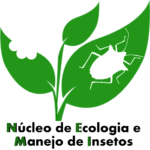





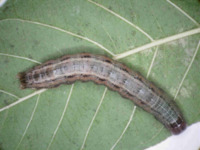
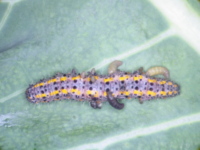
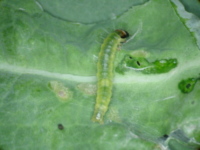
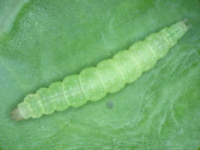
Comments